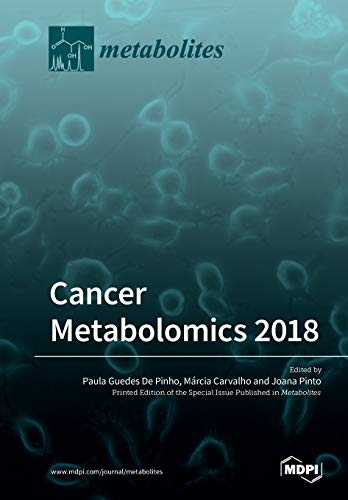

Most ebook files are in PDF format, so you can easily read them using various software such as Foxit Reader or directly on the Google Chrome browser.
Some ebook files are released by publishers in other formats such as .awz, .mobi, .epub, .fb2, etc. You may need to install specific software to read these formats on mobile/PC, such as Calibre.
Please read the tutorial at this link: https://ebookbell.com/faq
We offer FREE conversion to the popular formats you request; however, this may take some time. Therefore, right after payment, please email us, and we will try to provide the service as quickly as possible.
For some exceptional file formats or broken links (if any), please refrain from opening any disputes. Instead, email us first, and we will try to assist within a maximum of 6 hours.
EbookBell Team

4.7
86 reviewsThe metabolomics approach, defined as the study of all endogenously-produced low-molecular-weight compounds, appeared as a promising strategy to define new cancer biomarkers. Information obtained from metabolomic data can help to highlight disrupted cellular pathways and, consequently, contribute to the development of new-targeted therapies and the optimization of therapeutics. Therefore, metabolomic research may be more clinically translatable than other omics approaches, since metabolites are closely related to the phenotype and the metabolome is sensitive to many factors. Metabolomics seems promising to identify key metabolic pathways characterizing features of pathological and physiological states. Thus, knowing that tumor metabolism markedly differs from the metabolism of normal cells, the use of metabolomics is ideally suited for biomarker research. Some works have already focused on the application of metabolomic approaches to different cancers, namely lung, breast and liver, using urine, exhaled breath and blood. In this Special Issue we contribute to a more complete understanding of cancer disease using metabolomics approaches.